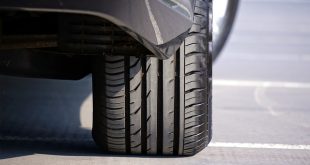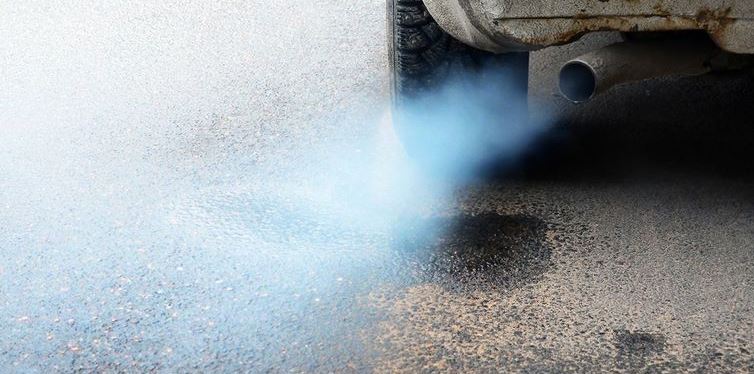It can be tempting to keep going and push your luck to see how far you can drive when your car’s fuel gauge reads empty. But is the danger justified? Does using extremely little petrol when driving your car harm it? The risks of driving with low fuel and how it can impair your car’s performance are discussed in this blog post. We’ll also address some widespread misconceptions about low fuel and provide practical advice for preserving your car’s health and lifetime. So this blog post is for you if you’re a car owner trying to increase the longevity of your vehicle. Learn more by continuing to read!
Yes, driving with very little fuel has the potential to damage your car in a number of ways.
The fuel pump has to work harder to draw the remaining petrol from the tank when your car is running short on fuel, to start with. This might lead to the fuel pump overheating and failing, which would require expensive repairs.
Secondly, your fuel system may be harmed if you drive with low fuel. Low fuel levels can result in the fuel pump having to draw air into the fuel lines, which can clog or damage the fuel injectors. Poor engine performance, decreased fuel efficiency, and probable long-term engine damage are all possible outcomes of this.
Finally, driving with minimal fuel can harm the catalytic converter in your car. Low fuel levels result in a leaner fuel mixture in the engine, which could lead to an overheated catalytic converter and eventual failure. Costly repairs and decreased engine performance may follow from this.
To avoid any damage to your car’s fuel system and engine, it is crucial to keep your fuel tank at least a quarter full.
 Spot Dem Everything About Cars
Spot Dem Everything About Cars




